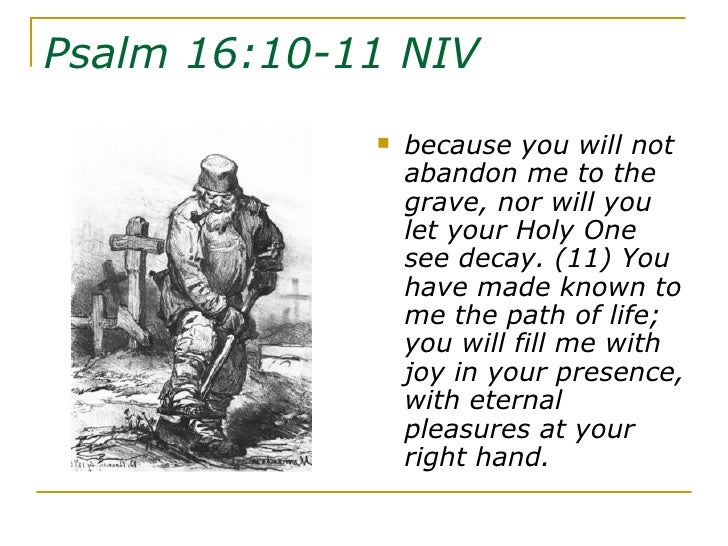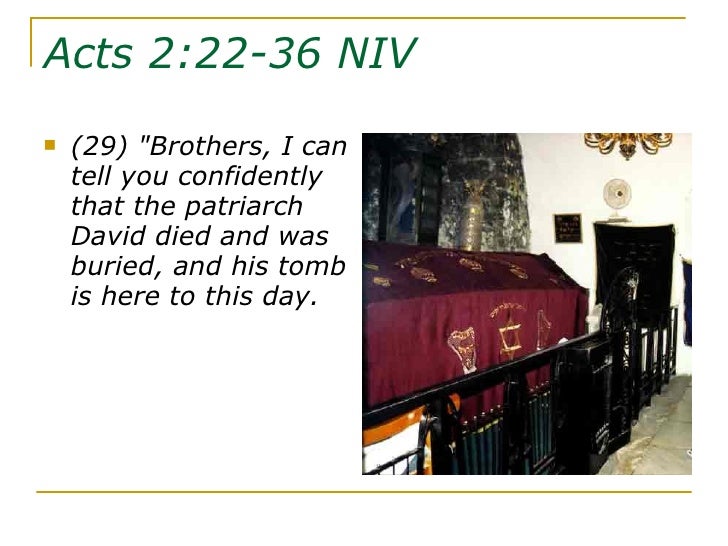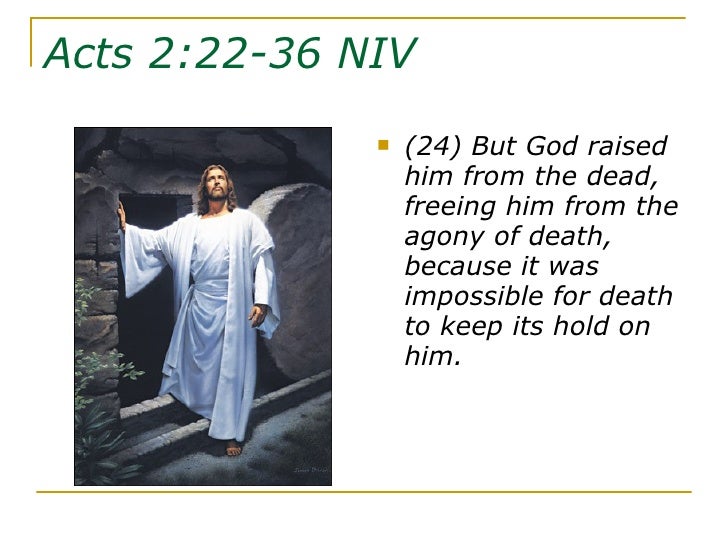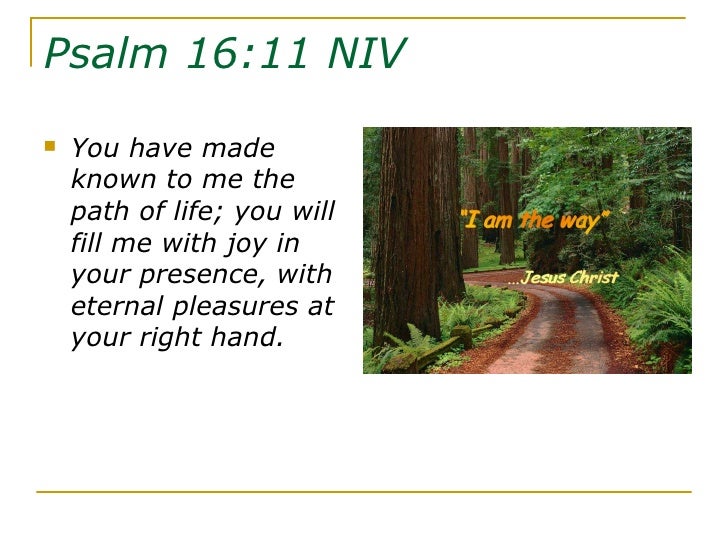I agree, it's interesting.Giuseppe wrote:Very suggestive, thanks for this, but this is not independent evidence of a tomb for Jesus. This is only to instantiate a Mediterranean tropos in a Jewish culture by using Jewish ways to represent it. If you believe that Jesus is risen, then you add later a tomb, a resurrection ''after 3 days'', fulfillment prophecies more or less fit, etc.Judaism taught that the body decays on the fourth day, as per the Lazarus story.
Psalm 16 says that the body would not decay. This is where the third day resurrection comes in. The resurrection was on the third day so that the body wouldnt decay in accordance with Psalm 16. That's what Paul is saying in 1 Cor. 15: Bodily death, bodily burial, then on Day 3 before the decay sets in, he "arose", which in Judaism and in the gospels means a bodily resurrection like Elijah and Lazarus, respectively.
FROM THREAD:
viewtopic.php?f=3&t=2015&start=40#p44993
Psalm 16 says:
(1917 JPS)
ט לָכֵן, שָׂמַח לִבִּי--וַיָּגֶל כְּבוֹדִי; אַף-בְּשָׂרִי, יִשְׁכֹּן לָבֶטַח. 9
Therefore my heart is glad, and my glory rejoiceth; my flesh also dwelleth in safety;
י כִּי, לֹא-תַעֲזֹב נַפְשִׁי לִשְׁאוֹל; לֹא-תִתֵּן חֲסִידְךָ, לִרְאוֹת שָׁחַת. 10
For Thou wilt not abandon my soul to the nether-world; neither wilt Thou suffer Thy godly one to see the pit.
(KJV)
9. Therefore my heart is glad, and my glory rejoiceth: my flesh also shall rest in hope.
10. For thou wilt not leave my soul in hell; neither wilt thou suffer thine Holy One to see corruption.

Psalm 16 says "(A)my heart is glad... and (B) my flesh rests in hope", and (A) "For thou wilt not leave my soul in hell", but doesn't specify (B) "neither wilt thou suffer me to see corruption.". When it gets to B, it seems David is not talking about himself, maybe, but some "holy one".
And also, in Jewish tradition it was clear that David's body did decay and stayed in the grave rotting. So it looks like Psalm 16 might not have been talking about David, but about some "holy person" sharing David's flesh who would make this miraculous feat of not being abandoned to the grave or experiencing corruption.

Also interesting it does not say that the soul will never enter Hades, but just that he won't be "left" there. It suggests something curious, the concept of a Messiah dying but not staying dead and rotting.

Another interesting question is why in the eyes of the Psalmist the Messiah wouldn't stay in the grave and rot.

And here's where the Christian claims about the Jesus come in. He becomes a Messianic candidate then because the pharisees can't find his body, and the apostles CLAIM that it left the tomb. Back in 35-45 AD when the apostles were making these claims, the pharisees should have had a sense of what happened to Jesus' body. They would know if guards got posted there and ran away like Matthew's gospel claims.
